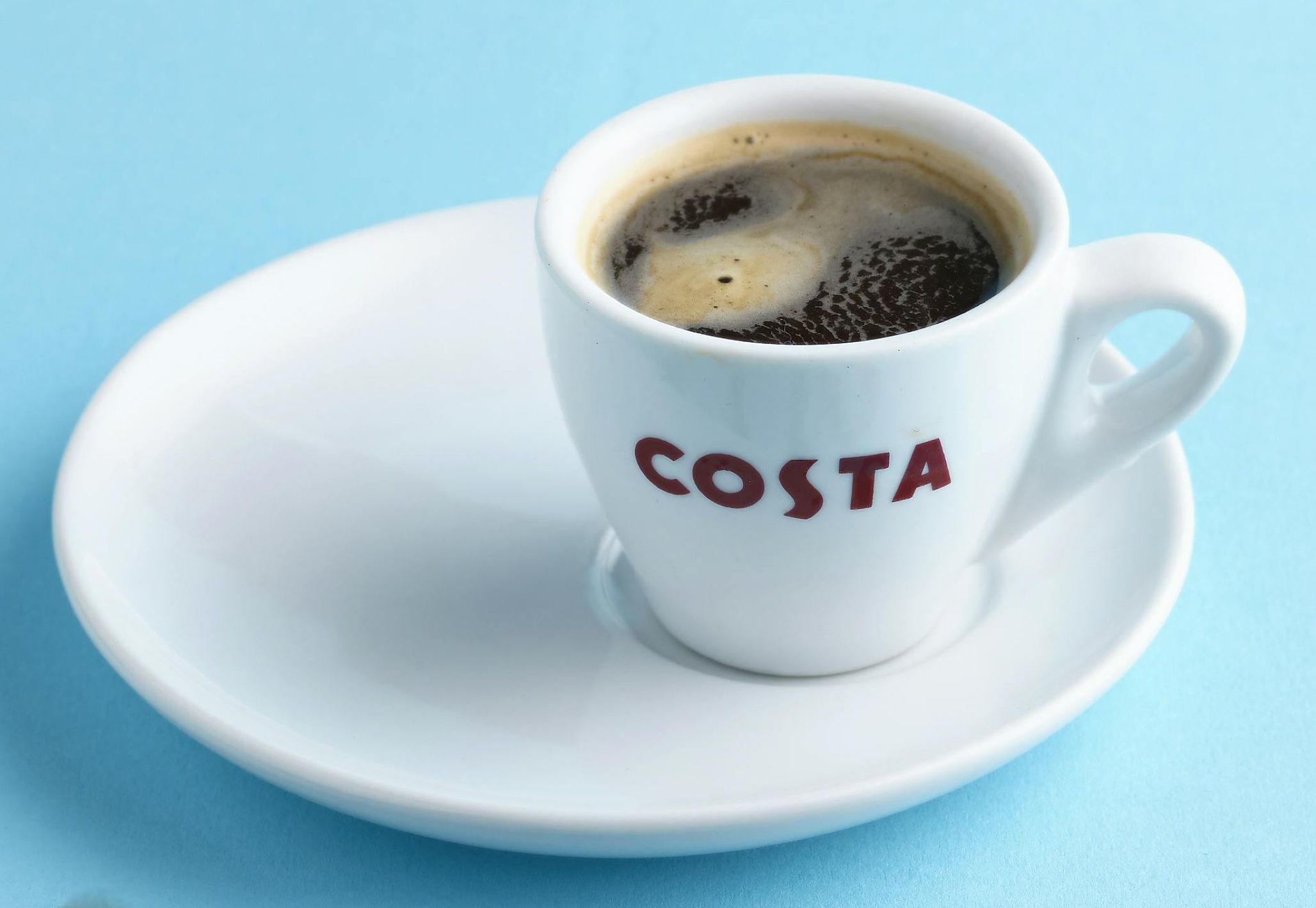Visa Stock Analysis: Is Visa a Strong Opportunity Ahead of Q4 Earnings?
$325.48
28 Jan 2026, 19:25

Pexels.com

Lowball bids put Coca-Cola's £3.9bn acquisition under pressure — what it means for investors and the future of the coffee chain
Lacklustre Bidding for Costa Coffee
Coca-Cola's attempt to offload Costa Coffee has attracted less interest than anticipated, with several potential suitors opting not to proceed with formal bids. Notably, Apollo Global Management, which had previously shown interest, backed away before the deadline for indicative offers last week.
Coca-Cola Plans to Retain Ready-to-Drink Arm
Coca-Cola is reportedly unwilling to part with the ready-to-drink segment of Costa Coffee, which includes canned and bottled products sold in supermarkets and convenience stores. This division is viewed as a core asset that Coca-Cola is still optimistic about, despite broader performance concerns within Costa’s retail operations.
Performance Lagging Behind Expectations
Although Costa’s revenues rose 9% in 2023 to £1.22bn, they still lag behind pre-acquisition levels — with £1.3bn recorded in 2018, the year before Coca-Cola’s £3.9bn buyout. The performance has prompted Coca-Cola executives to re-evaluate their strategy.
“We’re reflecting on what we’ve learned,” said CEO James Quincey. “We want that investment to work as hard as possible.”
Investor Perspective: What This Means Going Forward
The lukewarm response to Costa’s sale may raise red flags for investors watching Coca-Cola’s broader diversification strategy. The brand's underperformance could signal risks associated with moving beyond core soft drinks, especially in a saturated and competitive global coffee market.
Could a Rebound Be on the Horizon?
While current interest appears muted, the global coffee market continues to grow. Costa’s established footprint, especially in the UK, makes it a potential target for private equity or retail-focused investors willing to restructure and re-energise the business.
However, any turnaround may require significant reinvestment, brand repositioning, and innovation — particularly in digital ordering, premiumisation, and expanding international franchising.
Conclusion
Coca-Cola's challenge to divest Costa Coffee while preserving part of the brand shows the delicate balancing act of portfolio optimisation. For investors, the outcome could serve as a case study in managing non-core assets — and potentially signal shifts in how consumer giants evaluate returns from their diversification efforts.
If Costa does find a buyer willing to pay a fair price, it could unlock value for both Coca-Cola and a new owner. But until then, uncertainty lingers.
Sources: (Sky.com, BBC.co.uk)